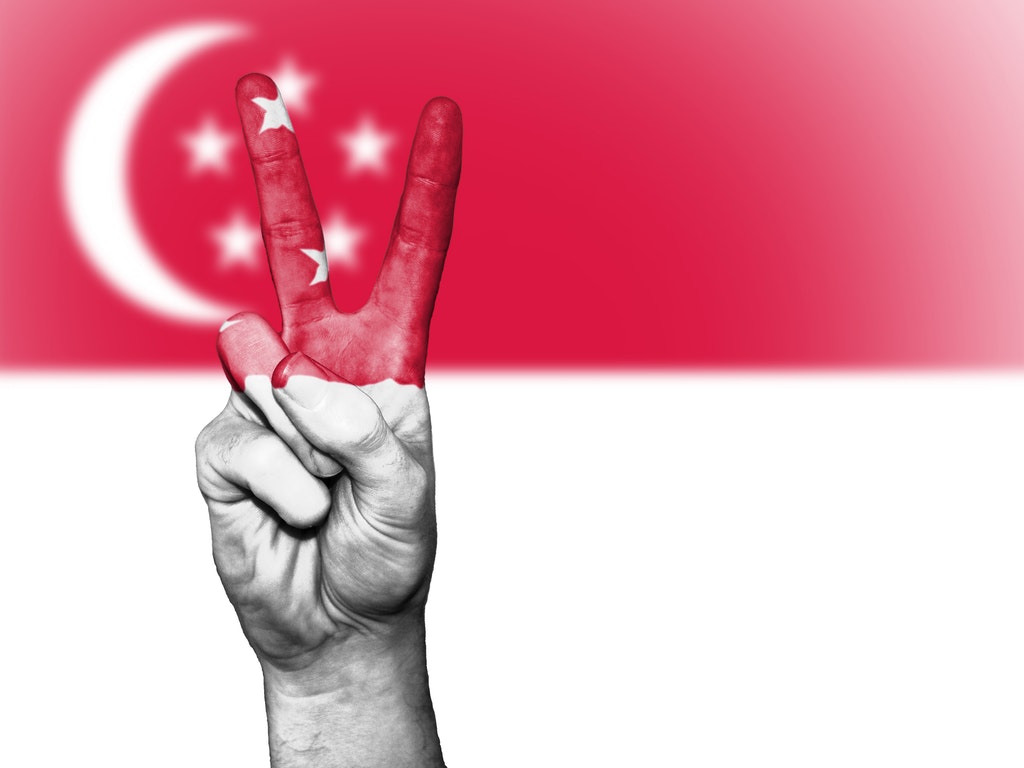2 Mins Read
Singapore’s Ministry of the Environment and Water Resources (MEWR) announced 2019 as the “Year Towards Zero Waste”. The aim is to raise awareness about waste and to develop a culture of reducing, reusing and recycling in Singapore.
In a January press release, MEWR outlined the key goal to make Singapore a zero-waste nation that runs on a circular economy. With limited land for disposing the increasing levels of waste generated, Singapore’s Semakau landfill is predicted to run out of space by 2035.
The press release suggests several ways Singaporeans can reduce waste in their daily habits. Some of these include buying only what is necessary, recycling waste properly to avoid contamination, donating excess food, and avoiding single-use disposables.
Senior Minister of State for the MEWR Dr Amy Khor also announced that the government’s dedicated SG$ 2 million initiative funds projects tackling packaging waste, food waste and e-waste in the city state.
In a site-visit to Sembcorp’s facility in Tuas, Dr Khor said the grant money will “encourage people to, firstly, reduce their waste up front – and to not only recycle more, but recycle right.”
Mr Tan Chee Boon, manager of Sembcorp’s materials recovery facility, echoed the need for people to recycle correctly. The 50 to 60 tonnes of waste at the facility goes through bag splitters and layers of sorting to separate plastic from metal, and recyclables from contaminated material. Mr Tan approximates that around 50 percent of waste is contaminated, mainly by food on clean paper and plastic.
Promoting sustainable production and consumption is not only necessary for Singapore’s waste problem and environmental issues, but will also bring long-term benefits of creating new employment and economic opportunities for Singaporeans and businesses.
Image courtesty of Pexels.




